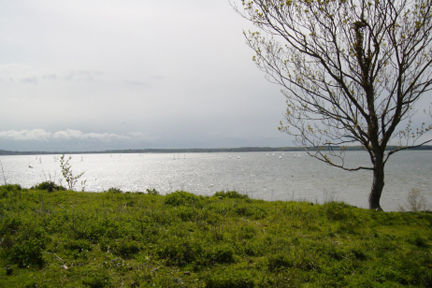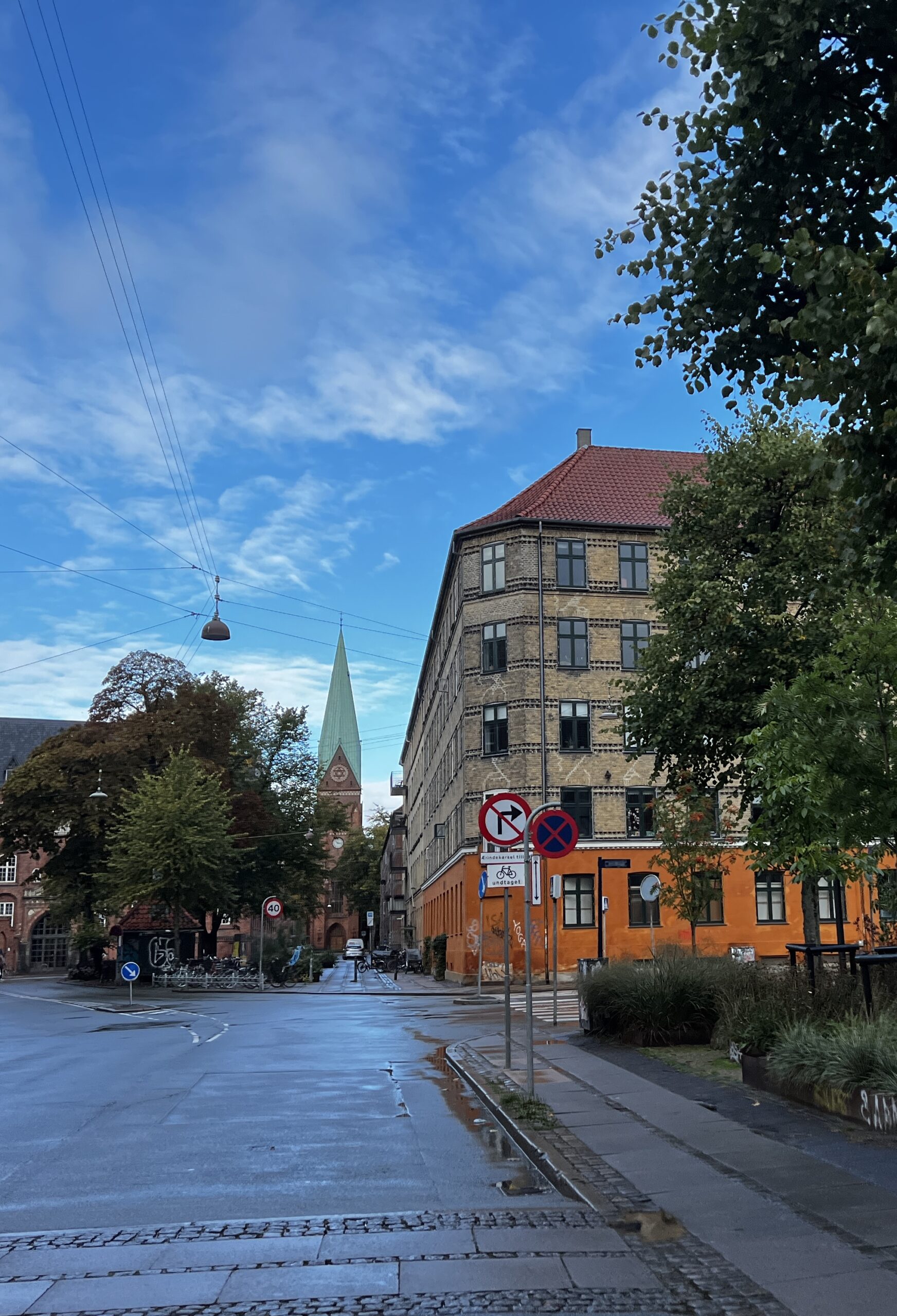
My grandfather lives in a small house in a small town in Denmark—which, as it happens, is a small country. The town is Græse Bakkeby, which boasts a population of 2,300 people, though it is part of the larger Frederikssund townscape. It’s the kind of place no one who visits the country ever really experiences, in part because there’s no reason to, and yet it’s often the first thing that comes to mind when I think of Denmark. The smell and tang and feel of his house is the same as it was in the house he and my grandmother used to live in, in Værløse, before she died in 1999. It’s a mixture of the coffee maker, my grandfather’s cologne, his many annotated books, and the general cleanliness of the place (he is a neat man and takes pride in it). To the sound of the news on the radio or a Mozart concerto I see him scurrying about his little home, well-dressed, a comb in his back pocket, forever clearing his throat. He sips his coffee while squeezing his eyes shut, as if to intensify its flavor. He pulls a volume from the shelf (Ulysses? The Brothers Karamazov? The Magic Mountain?) and revisits his younger self. He thinks of me and my siblings. He thinks of his sons, my father and uncle. He thinks of his wife.
Beyond his house, beyond Græse Bakkeby, are endless patchwork-plains and red-tiled roofs. From certain heights (hard to come by, in flattened Denmark), you can see the way the landscape was shaped by the last ice age; odd, wavy contours sweep across its surface. It’s the kind of scenery that appealed to the writer Edmund Gosse on his two visits to Denmark in the 1870s—scenery, he said, that has “nothing sublime, nothing grandiose about it,” but is imbued with a kind of soft, melancholic beauty. It’s an unassuming area, but on certain days and in certain conditions it feels strangely tragic.
My grandfather knows the area’s history like he knows the Karamazov family. He goes everywhere and speaks to everyone (he has a fantastic gift for conversation). Once he took me to see where the Nobel Prize-winning novelist Henrik Pontoppidan had lived, and the church where his young daughter, Karen, lies buried. We walked around in the small village of Østby where the locals are still able to tell you all about Pontoppidan, despite the fact that he died in 1943.
In the spring and summer months my grandfather sails in the fjord that gives all these places their coasts. His boat is called Nik, an abbreviated version of the unfortunate name its previous owner gave it, Panik. He keeps a detailed log book of every voyage, however short, a routine from his days in the Danish navy. He keeps binoculars, detailed maps, books about the local foliage and avian life. He sees everything, knows everything. He’ll point out to me Roskilde’s cathedral, which dates back to 1170. It exhales a breath of history that caresses the entire area (in the 1960s several Viking ships were excavated in the fjord). But what I see clearly is my grandfather: his full white hair elegantly quiffed and combed, his body strong and lean from a lifetime of keeping fit, his brow knitted from bingeing on knowledge. Adrift on an ocean of history, a life’s worth of experience is mapped on in his still-handsome face. An old man on the sea.
MORTEN HØI JENSEN is from Copenhagen, Denmark and currently living in New York City. His essays and reviews have appeared in the The New Republic, the Los Angeles Review of Books, Salon, Bookforum, The Millions, and elsewhere. His first book, A Difficult Death: The Life and Work of Jens Peter Jacobsen, is forthcoming in the fall of 2017 from Yale University Press.




